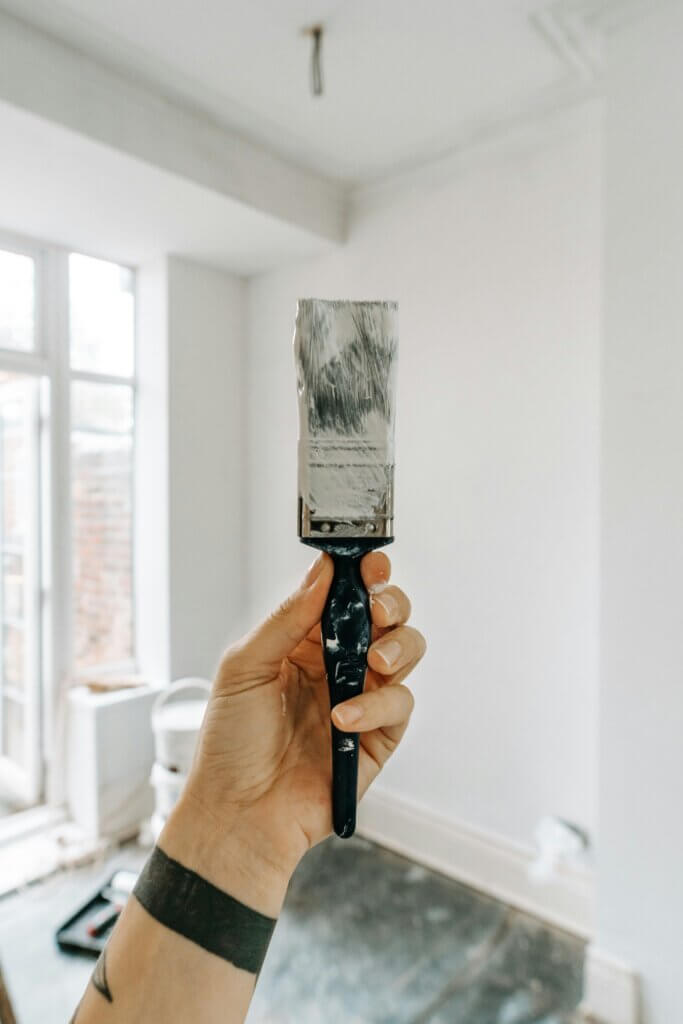When tenants sign a tenancy agreement, they not only receive numerous rights, they also enter into various obligations. AK housing law expert Clemens Berger reveals exactly what these are.
The tenancy agreement has been signed and there is great joy about the apartment. But one thing is sometimes forgotten in the euphoria: Namely, that the Tenancy Act (MRG) not only lays down obligations for the landlord, but also for the tenant. In simple terms, the MRG applies to more than two rentable properties in an old building with a building permit before July 1953, rented condominiums in buildings with a building permit before May 9, 1945, as well as to subsidized apartments, provided that no condominium ownership has been established,
Payment of the rent
One of the most important obligations that tenants must fulfill is to pay the agreed rent – after all, the apartment is made available for them to use in return. The rent must therefore be paid regularly and in full to the landlord. The rent is due on the fifth of each month, although for contracts between consumers and entrepreneurs it is sufficient if the rent is transferred on the fifth, even if it does not reach the landlord until later.
Careful handling of the rental property
By signing the tenancy agreement, tenants also undertake to treat the apartment and the general parts of the building (e.g. stairwell, bicycle and baby carriage storage room, garbage room, communal garden) with care.
This obligation means, among other things, that heating and sanitary facilities must be maintained and serviced, and that windows must also be cleaned and maintained. In addition, the landlord must be informed immediately of any serious damage to the apartment or house, such as storm or water damage, as well as any health hazards.
However, tenants are not only obliged to treat the building with care, but also to treat its residents with the same care – specifically, to behave considerately towards other residents and to comply with the house rules, if these have been agreed in the tenancy agreement.
Consent for changes
Replacing the shower with a bathtub, adding partition walls or installing external roller shutters? If you are planning changes to your rented apartment, you shouldn’t just get on with it. “If the apartment is subject to the full scope of application of the MRG, the landlord’s consent is required for significant changes,” says Berger. This includes a lot of improvement and remodeling work in the apartment.
For some of these measures, the landlord can also make his consent dependent on a later dismantling, while for others he may not refuse his consent. However, landlords do not have to be notified of minor changes such as painting or wallpapering.

Tolerance obligations of the tenants
In many cases, tenants are also obliged to allow repairs, maintenance and improvement work to be carried out – both on the property and in their own or other apartments in the building (see here). For this purpose, the landlord or the companies carrying out the work must be granted access to the apartment, unless otherwise possible. The resulting dirt and noise must also be tolerated.
Incidentally, the duty to tolerate also includes tolerating the renovation of the neighboring apartment. However, if the tenant’s duty to tolerate results in significant disturbances, they must be adequately compensated. In addition, significant impairments can also result in claims for rent reductions.
Inspection of the apartment
However, the landlord or persons appointed by the landlord may also request entry for other important reasons: Be it to check their condition, be it in the course of a change of ownership, the determination of usable space or the inspection of the apartment by prospective buyers or tenants when the tenancy is terminated. However, the landlord may not show up at the door unannounced; instead, he must announce his presence in good time and may only enter the rented property at normal times of day that are reasonable for the tenant.
However, if there is an emergency or imminent danger, for example due to a burst water pipe in the apartment, the landlord or manager does not have to announce their visit in advance. In these cases, the tenant must tolerate the visit. If the tenant does not do so, the landlord can initiate toleration proceedings at the arbitration board or in court. At the same time, the landlord is obliged to carry out interventions only with the greatest possible protection of the tenant’s rights. He can therefore only enter the rented property if there is an important interest.
Tenants’ obligations when moving out
The apartment must be vacated and handed over to the landlord when the tenant moves out. Of course, this does not apply to furnishings that the tenant has rented from the landlord. If the apartment has been culpably excessively worn, for example by covering the existing parquet flooring with carpeting or removing pieces of the former, the tenant must pay for the floor restoration or repair of the damage up to the current value of the damaged flooring.
However, contrary to what is unlawfully agreed in many tenancy agreements, the tenant is generally not obliged to redecorate the apartment when moving out.
Our expert

Clemens Berger is a consultant for housing law in the municipal policy department of the Vienna Chamber of Labor.
Related posts:
Rent change 2025: What tenants should know now












